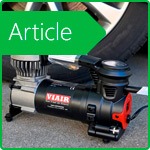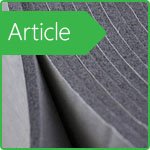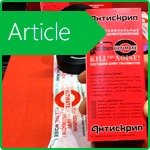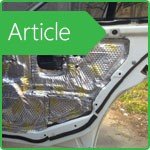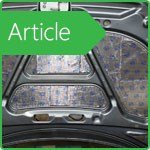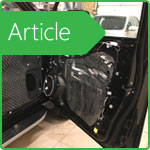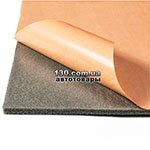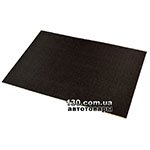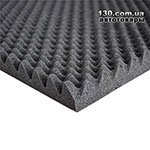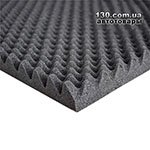Does the weight of the soundproofing affect fuel consumption?
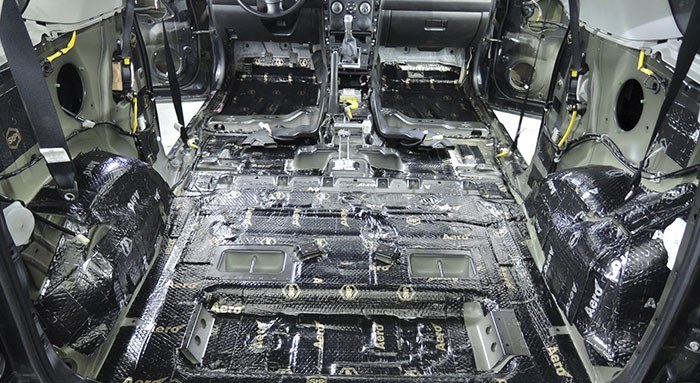
There is a popular belief that noise insulation greatly increases fuel consumption. Everyone knows that with more weight, a car will consume more fuel. At the same time, it is not known exactly how much it grows. But is it true that giving up on comfort in a car can help you save a lot of fuel? Let's try to figure it out.
What is car soundproofing for
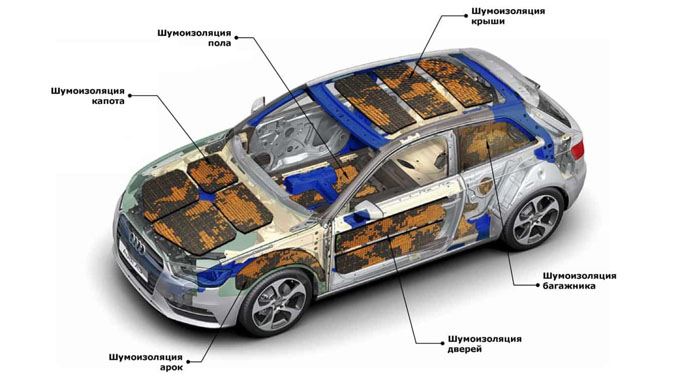
To begin with, it is comfortable movement, which has a positive effect on the passenger and driver.
The acoustics will sound better by minimizing background noise from the road, wind, etc.
Sound insulation allows you to keep a favorable temperature from the air conditioner for longer in the hot season and warmth in a warm car in winter.
By increasing the rigidity of the car body, it will be better controlled;
Vibration isolation has anti-corrosion properties.
In fact, the advantages of noise insulation can be described for a long time, but this article should give the answer: "how much does noise insulation increase the fuel consumption of a car?"
What affects the increase in fuel consumption
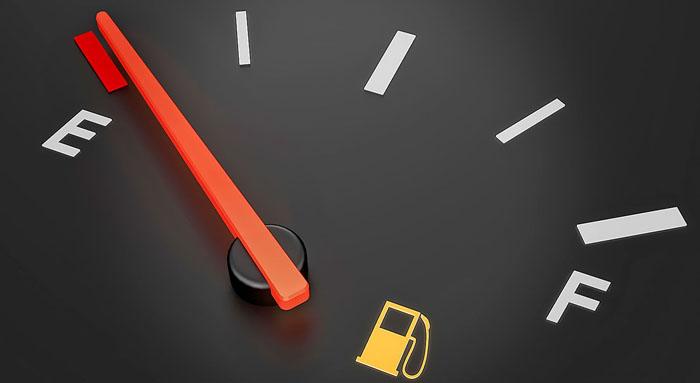
- Aggressive driving increases fuel consumption by 10-20%.
- Low quality fuel increases consumption by up to 15%. An indisputable fact: due to the low quality of the fuel, the combustion process of the air-fuel mixture is disrupted.
- Air conditioning, electric glass and seat heating, etc. significantly increase fuel consumption.
- The pressure level in the tires also has a negative effect on the increase in fuel consumption by 30%. Therefore, experienced drivers often check tire pressures.
- Another fact about wheels: the wider the profile of the tire, the greater the point of contact with the road, which in turn increases rolling resistance, which increases fuel consumption.
- The cargo that the vehicle is transporting. The higher the weight of the load, the greater the fuel consumption. But the question remained open: how much more?
As you can understand, the factors that affect the increase in fuel consumption are more than enough. However, only the main ones were named.
Note that the conducted research does not claim to be a scientific article, but even with an error of 20%, the result is more than clear.
Experiment
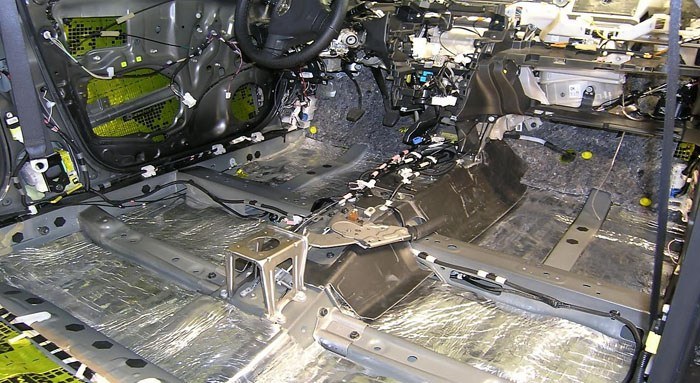
- Toyota Corolla 2008 sedan with manual transmission;
- test route 100 km long: traffic along the city streets during rush hour and the highway;
- measurements were taken on days with the same (favorable) weather conditions;
- driving-the same driver on the entire route. When driving, the speed limit is observed;
- the car is filled with high-quality AI-95 fuel. Refueling was carried out at the same station from the same dispenser.
- flow measurements were calculated using a measuring canister.
The car made several races within 100 km. The salon was empty, and the weight of vibration isolation and noise isolation was about 45 kg.
At an average speed of 54 km/h, fuel consumption was 8.4 liters. With a load of 45 kg and a speed of 67 km/h, the consumption was 8.5 liters. Total: a difference of 0.1 liters per 100 km.
So, in April 2021, the cost of gasoline at OKKO filling stations was UAH 31.99 per liter of 95th. Thus, with an increase in weight of 45 kg, the costs will increase by 3.2 UAH per 100 km. If you drive 5000 km in a year, then overpay only 160 UAH.
It turns out that the comfort of sound insulation will cost 160 UAH per year. It is unlikely that such savings are justified, because driving on slightly flat tires increases this indicator by 4 times.
Naturally, measurements on different cars can show different numbers, because the driving style of the driver and the technical condition of the car also affect fuel consumption, and only then all other factors. Therefore, if we put on the scales of comfort and silence in the car and the cost of 3 UAH 100 km-I think the choice is obvious.
You can select and buy soundproofing with delivery in Kiev, Kharkov, Odessa and Ukraine at 130.com.ua
Related materials
Noise insulation: Best Sellers

Stay tuned for updates!
Subscribe to our Telegram channel and be the first to receive useful materials.
Subscribe














